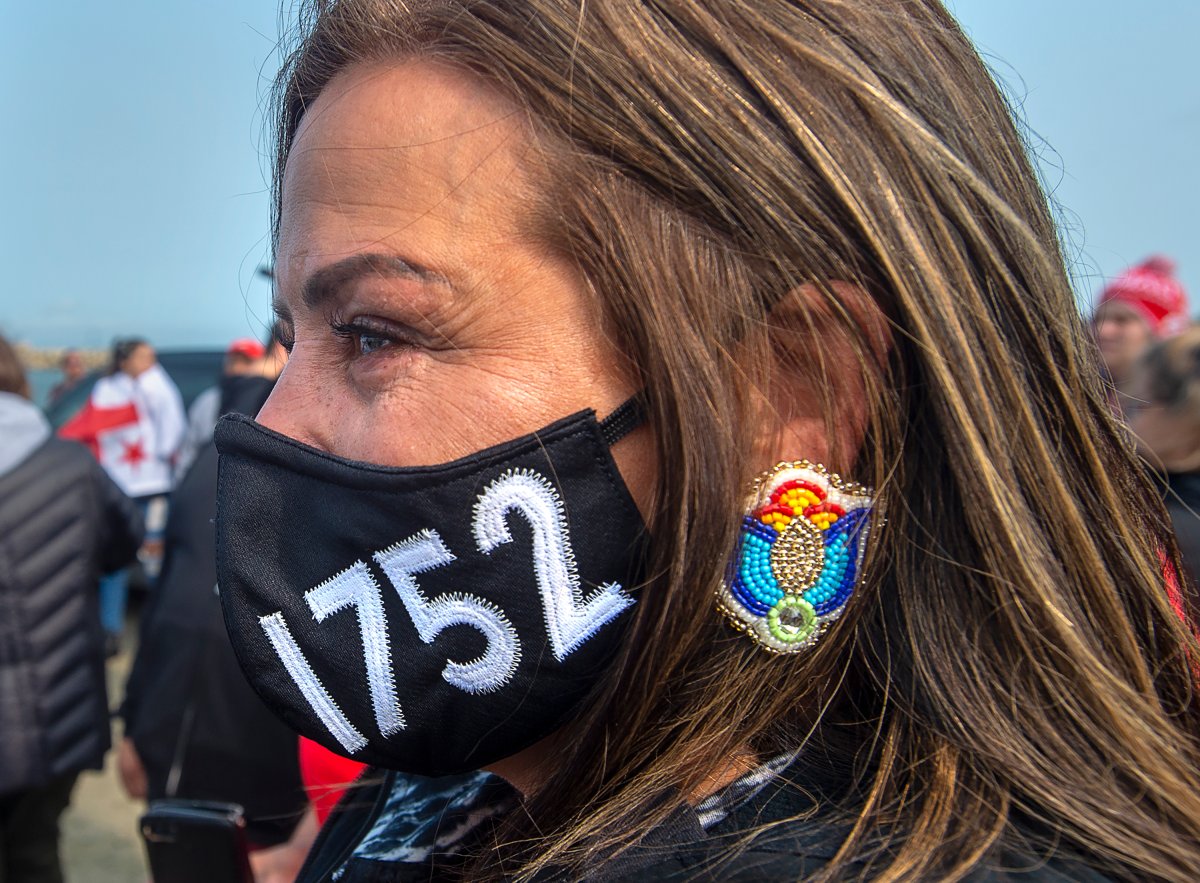Mi’kmaw chiefs have reduced the urgency of political unrest in Nova Scotia from a state of emergency to a state of readiness.

“The declaration of the State of Emergency was made in response to the violence occurring towards Mi’kmaw harvesters exercising their inherent Treaty Right to fish for a moderate livelihood in the Digby area,” they said in a news release.
The state of emergency was declared Sept. 18, one day after Sipekne’katik First Nation fishers launched an independent moderate livelihood fishery.

Indigenous fishers said the lines to their traps have been cut and that they’ve been threatened and harassed by non-Indigenous fishers who called the Mi’kmaw fishery “illegal” and claimed Mi’kmaq were fishing lobster out-of-season.
However, the Supreme Court of Canada made the Marshall decision in 1999, affirming a treaty right to hunt, fish and gather in pursuit of a moderate living.
On Tuesday, Sipekne’katik Chief Mike Sack and community members met with the federal government to discuss moderate livelihood and their plans for the fishery. Sack said the meeting was “positive.”
In a Tuesday news release, Mi’kmaw chiefs announced a soft close of their Incident Command Centre at 5 p.m., due to a reduced urgency.
“In a State of Readiness, the situation in Digby will continue to be monitored by the Assembly and their staff, and should the situation escalate and/or community members require further support, the Assembly will be well positioned to re-establish their Incident Command Centre.”
In addition, the assembly of chiefs say they have been in constant contact with RCMP regarding protests, racial profiling and discrimination.
- Trudeau tight-lipped on potential U.S. TikTok ban as key bill passes
- Canadian man dies during Texas Ironman event. Her widow wants answers as to why
- Hundreds mourn 16-year-old Halifax homicide victim: ‘The youth are feeling it’
- On the ‘frontline’: Toronto-area residents hiring security firms to fight auto theft




Comments